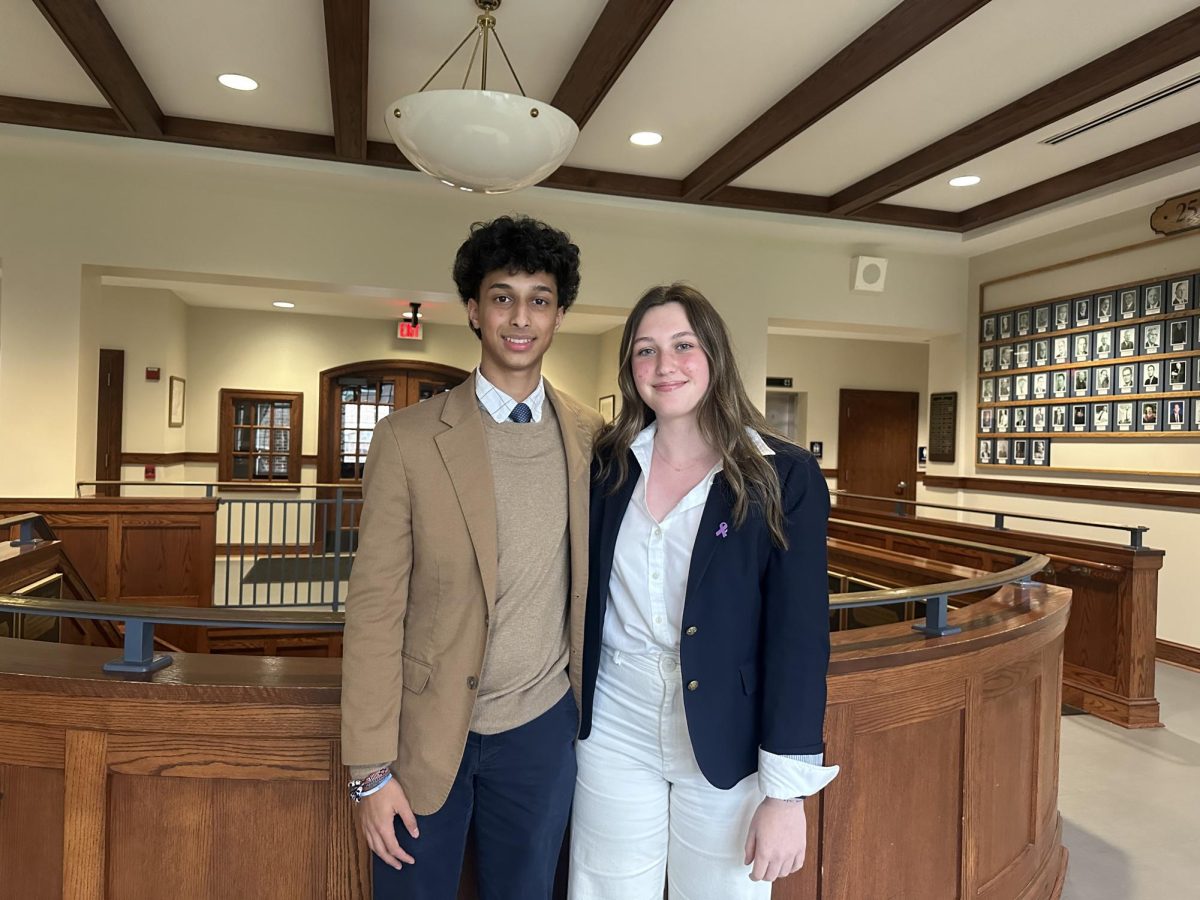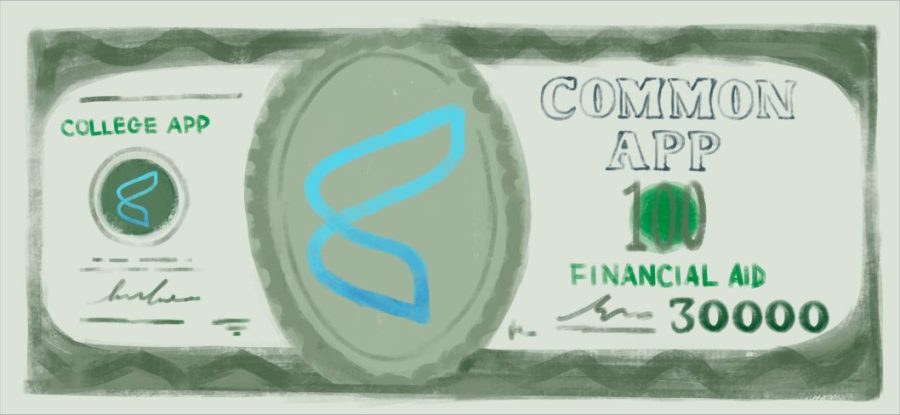College admissions puts pressure on the middle-class
If you are currently applying to colleges from a middle-class background, you have likely wondered why the college admissions process is so expensive. With the U.S. economy moving away from blue-collar jobs, higher education increasingly acts as a gateway to better career opportunities and economic success. More and more people are thus applying to college, increasing competition, lowering admission rates, and raising college tuition.
Structural barriers and a lack of resources have always made a college education more inaccessible for low-income students—a problem many universities are trying to change—but this problem poses a particular challenge to students from middle-class families. The problem boils down to a simple one: middle-class families make too much to qualify for federal education grants, institutional financial aid, and fee waivers, but not enough to pay for the sticker price for most colleges.
Many private, and even public, universities cost upwards of $80,000 per year. While the rich may barely bat an eye at the price, and those from lower-income families receive generous financial aid packages, the middle class is stuck between a rock and a hard place in the race for higher education.
A large part of this burden on the middle class comes from how the Free Application for Federal Student Aid—which is used to determine federal financial aid—calculates Expected Family Contribution. The FAFSA not only considers yearly income into the EFC, but also all liquid assets and investments. That means all stocks, savings, and properties are included as well. Combined, these assets can result in an exaggerated EFC, assuming that families are willing to sell their homes, assets, and even dip into their retirement savings in order to pay for college.
Likewise, most middle-class families do not qualify for application and testing fee waivers. For many middle-class students taking AP courses, multiple SATs, and an array of colleges, these fees can easily add upwards of thousands of dollars.
Moreover, most middle-class families [also] cannot afford college counseling, which can exceed tens of thousands of dollars. Like before, they make too little to pay out of pocket, and too much to qualify for pro bono aid.
Consequently, the middle class is at a disadvantage in a system where wealth influences everything, from superior standardized test scores to impressive extracurriculars. As it stands, the college admissions process burdens the middle-class with exorbitant fees and debt, just for the chance at more prospective career opportunities in the future.




























cjk • Mar 28, 2024 at 9:37 am
Excellent article.
Middle class is squeezed for many things, not only colleges: taxes (as % of income), medical expenses, etc.
I believed all my life that my children will go to better schools than me and will have a better life. I am really not sure of that anymore.